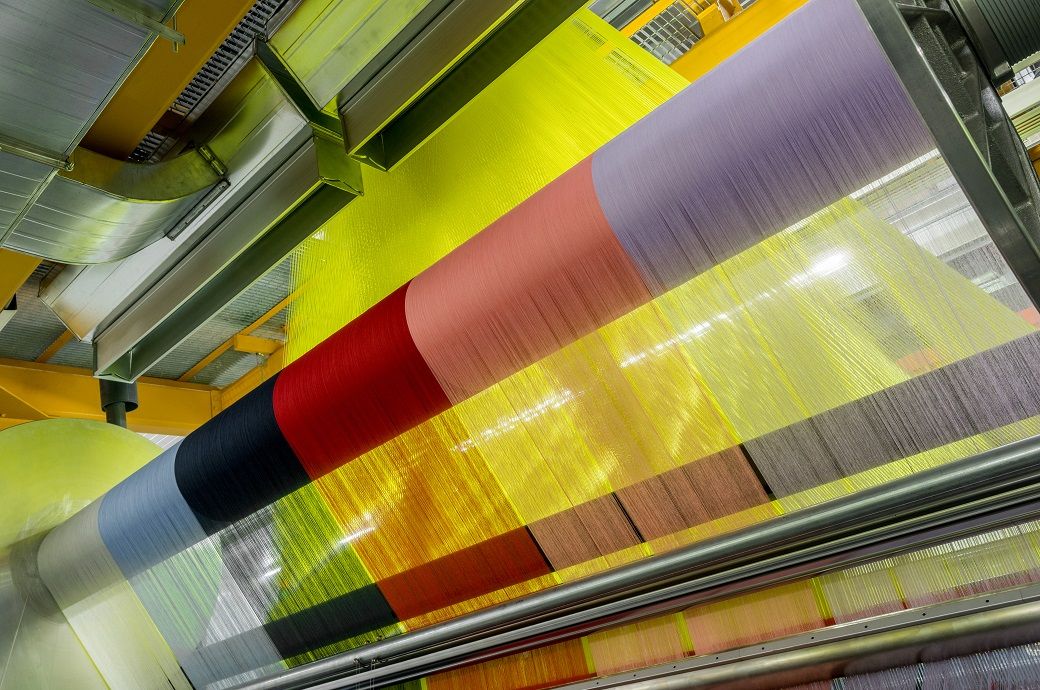
The European social partners jointly called for action from the European Union (EU) to guarantee that the European textiles ecosystem remains competitive, including ensuring a level global playing field. They demanded for measures to increase the demand for sustainable products including awareness raising campaigns, incentives such as lower VAT rates, and sustainability criteria in public procurement. Measures to ensure access to green and affordable energy were also asked for, according to a press release by EURATEX and IndustriAll Europe.
IndustriAll Europe and EURATEX insisted that policy gaps need to be addressed, such as promoting a harmonised extended producer responsibility approach across the EU and ensuring that small medium enterprises (SMEs) can use product environmental footprints. Action was needed to ensure that the Sustainable Products Regulation and the forthcoming Digital Product Passport will offer a transparent, predictable, and SME-friendly framework.
Investment was required for attracting, training, and reskilling workers including via concrete support for the EU Pact for Skills. Appropriate funding, sound metrics, and legal incentives at the regional, national, and European level to support the green and digital transitions of the textile and clothing sectors needed to be implemented.
Moreover, it was important for regional and national authorities to coordinate with sectoral social partners to ensure that the green and digital transitions are fair and just and do not leave the industry, regions, or workers behind.
Social dialogue will be more vital than ever in order to ensure that the European textiles and clothing sector can transform into a more sustainable and digital industry while also remaining competitive in a fierce global market. IndustriAll Europe, EURATEX, and their members, will continue to engage in quality social dialogue and to respect collective bargaining in accordance with national practices.
The European textiles and clothing sector has a proud history, and the European social partners will continue to work together to ensure a resilient and sustainable future for the industry and its workers for generations to come, added the release.
The European textiles and clothing sector is set for a major transformation which will affect both industry and workers. The EU’s strategy for sustainable and circular textiles aims to ensure that by 2030, textile products placed on the EU market are long-lived and recyclable with the industry moving from a linear to a circular business model. This strategy is accompanied with the EU’s transition pathway for a more resilient, sustainable, and digital textiles ecosystem linking the green transition with the digital transition while stressing the need for the sector to remain competitive.
Fibre2Fashion News Desk (NB)